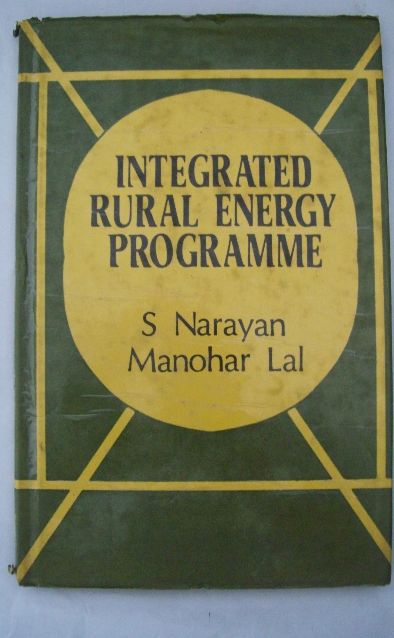Integrated Rural Energy Programme
Regular price
Rs. 100.00
In modern world energy is a crucial input in development as energy consumption is linked with economic progress. In India largest consumer of energy is the household sector, accounting in rural areas: most of it is derived from non-commercial sources. The new and renewable sources of energy being tapped are solar energy, wind power, and biomass waste utilisation. Government of India has evolved as Integrated Rural Energy Planning (IREP) programme to uplift the rural people by transforming them from energy dependence to energy autonomy. An approach is being developed for integrated rural energy planning at the microlevel. The present work is an effort in this direction under the IREP programme in Bihar. Area based block level integrated rural energy plans have been prepared, separately for three blocks one each in Patha, Ranchi and Gopalganj districts. It suggests an approach for providing optimum mix of different sources of energy for meeting different energy needs for subsistence, productive purposes and non-farm activities of the different income groups living in the blocks. It includes a situation analysis of the energy needs in the block as well as projection of these needs for the next five years. Specific targets have been set up to be completed for various energy options available in the ages. It indicated better use of existing energy sources through improvement in technology, streamlining the supply of existing sources of power and introduction of hitherto new and renewable energy sources. The success of the IREP programme will also depend on the degree of coordination and linkages with other sectors and institutions working on developing technologies appropriate to the rural areas.
Guaranteed Safe Checkout





